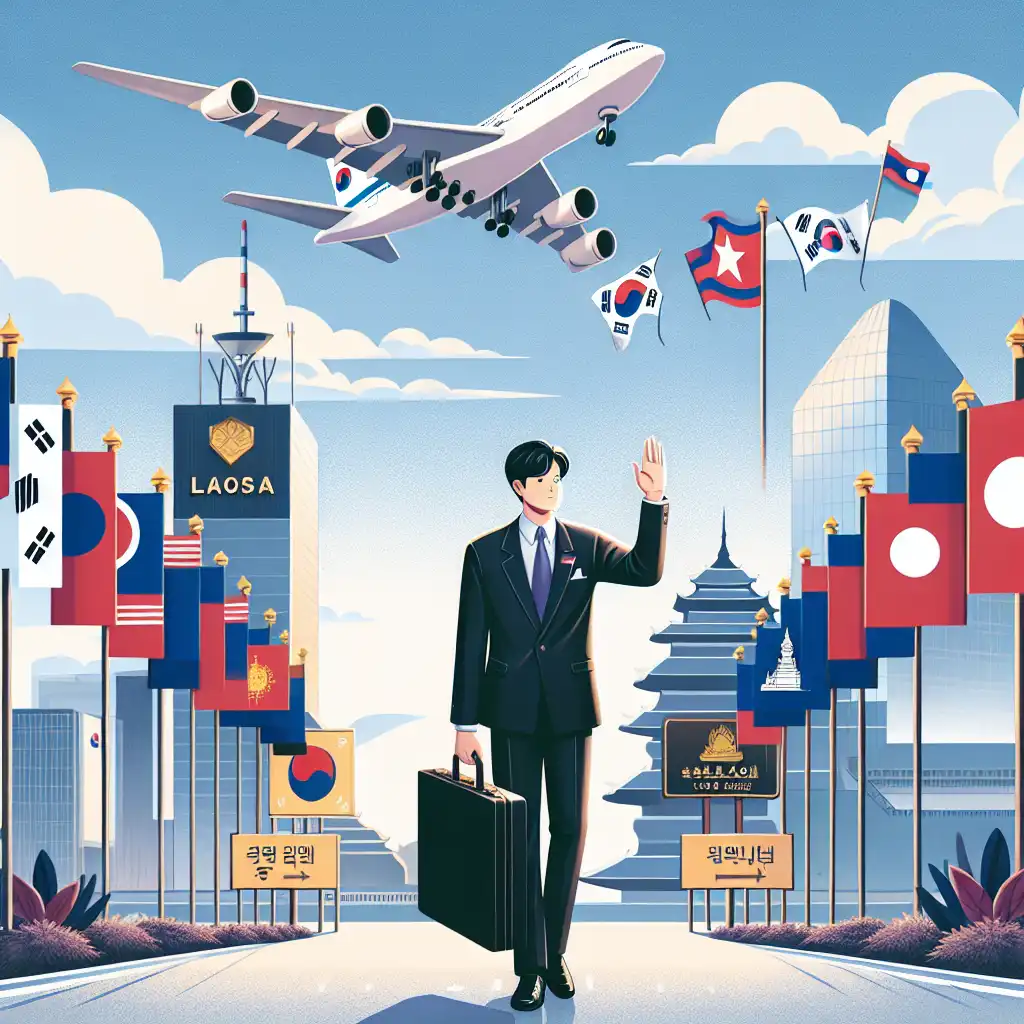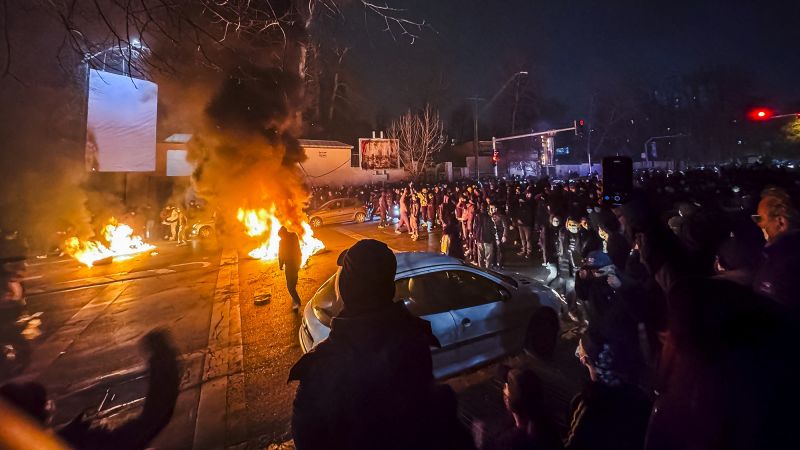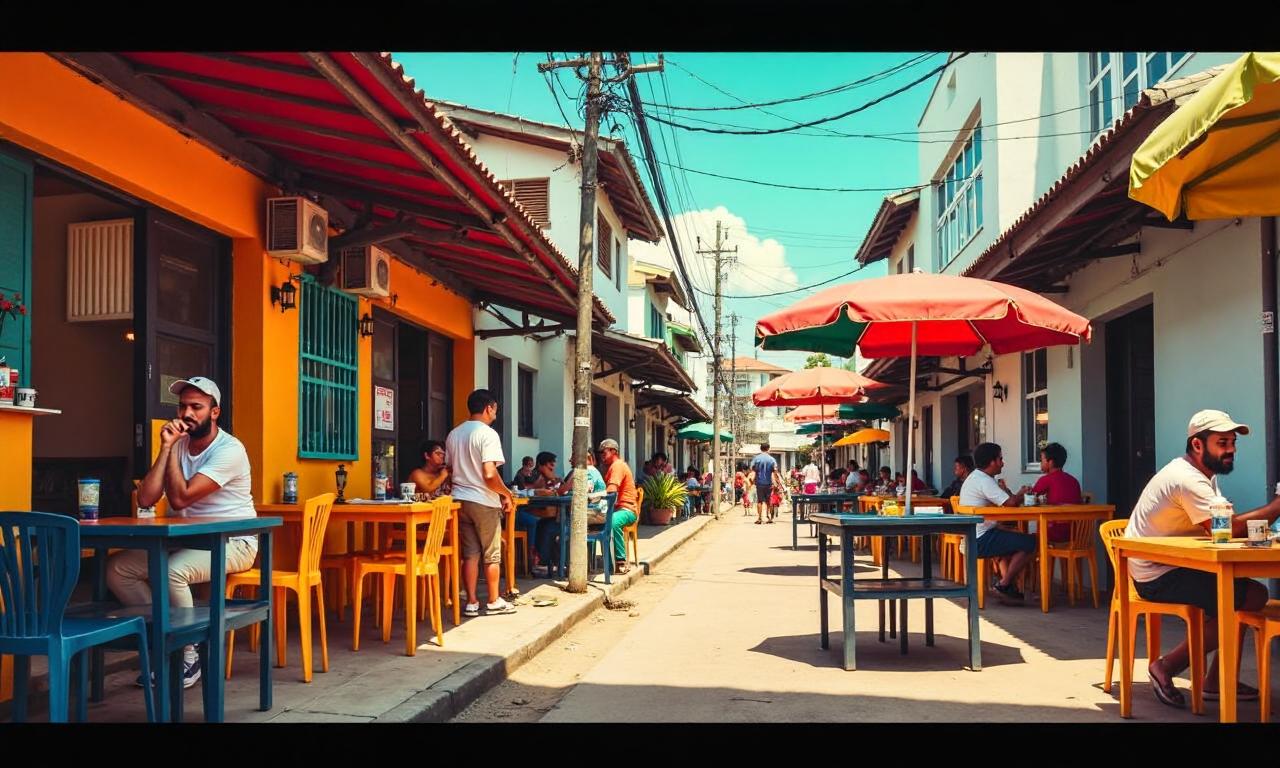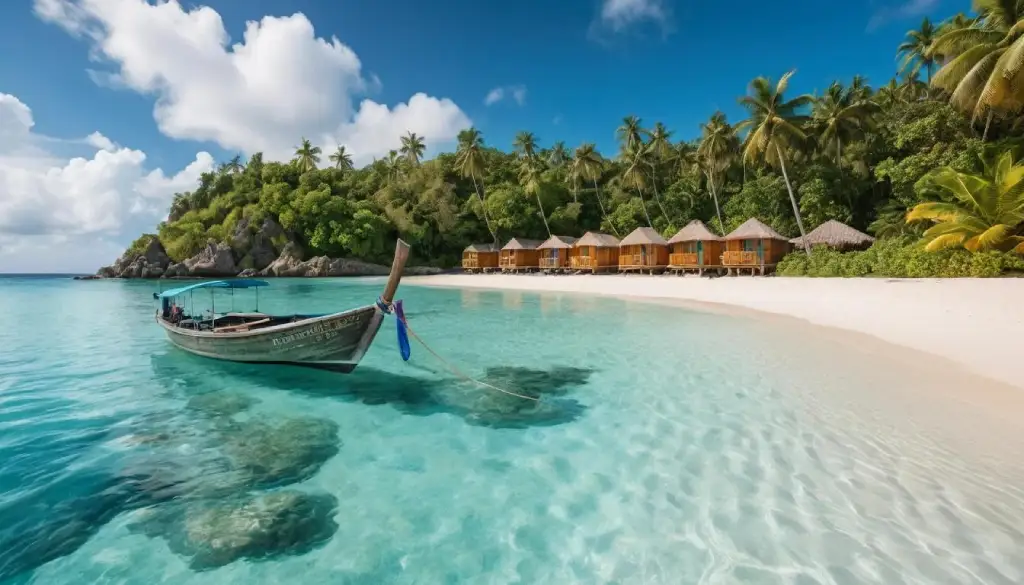Foreign Minister Cho Tae-yul Departs for ASEAN Regional Forum in Laos
Foreign Minister Cho Tae-yul embarked on a significant diplomatic mission to Vientiane, Laos, to attend the annual ASEAN Regional Forum (ARF). Departing from Incheon International Airport, Cho aims to bolster South Korea’s partnerships with Southeast Asian nations amid escalating military threats from North Korea.
The ARF, a pivotal security meeting, will span three days and bring together top diplomats from ASEAN member states and key global players, including the United States, China, Japan, and Russia. This year’s forum promises to be a critical platform for addressing pressing security concerns and fostering regional collaboration.
Table of Contents
ToggleKey Objectives and Diplomatic Engagements
Strengthening Partnerships with ASEAN Members
During the ARF, Cho Tae-yul will engage in various multilateral events, including the ASEAN Plus Three meetings, which involve China and Japan, and the East Asia Summit ministerial gathering. The culmination of these sessions will be the ministerial conference on the final day, gathering all delegations to discuss regional security and cooperation.
The diplomatic engagements are expected to focus on several key themes:
- Enhancing security collaboration.
- Addressing North Korea’s military provocations.
- Strengthening economic ties.
Bilateral Meetings with Key Partners
In addition to the multilateral events, Cho is anticipated to hold bilateral meetings with crucial partners such as U.S. Secretary of State Antony Blinken and Japanese Foreign Minister Yoko Kamikawa. These meetings are particularly significant given the recent tensions and the UNESCO World Heritage Committee’s impending decision on Japan’s Sado mines, a contentious site linked to wartime forced labor of Koreans.
A potential meeting between Cho and Kamikawa could be pivotal in addressing historical grievances and diplomatic tensions between South Korea and Japan.
North Korea’s Escalating Provocations
Military Activities and Balloon Provocations
Cho’s attendance at the ARF comes at a critical juncture, with North Korea intensifying its military activities and resorting to unconventional provocations against Seoul. Since late May, Pyongyang has launched over 3,000 trash-carrying balloons towards South Korea, with the latest incident involving 500 balloons landing on the presidential office compound.
These actions have heightened tensions and underscored the urgent need for a coordinated regional response to North Korea’s provocations.
Growing Military Ties Between North Korea and Russia
Adding to the regional security concerns, the burgeoning military ties between North Korea and Russia have alarmed Seoul officials. There are speculations that Moscow may provide advanced military technologies to Pyongyang, further complicating the security landscape in Northeast Asia.
Minister Cho is expected to address these issues during the ARF, seeking to include them in a joint statement and garner international support for South Korea’s stance on North Korea’s provocations.
Diplomatic Dynamics and Multilateral Cooperation
Belarusian-North Korean Relations
Amid these developments, North Korean Foreign Minister Choe Son-hui’s potential attendance at the ARF has garnered significant attention. Historically, North Korea has sent ambassador-level representatives to the forum since 2019, but the friendly ties between Laos and North Korea have sparked speculation about Choe’s participation this year.
However, diplomatic sources suggest that Choe is likely to skip the event, as she is currently hosting Belarusian Foreign Minister Maxim Ryzhenkov in Pyongyang. This visit is noteworthy, marking the first known visit by Belarus’ top diplomat to North Korea, highlighting the strengthening ties between the two nations.
Bilateral Meeting Between Choe Son-hui and Maxim Ryzhenkov
During the bilateral meeting, Choe and Ryzhenkov exchanged views on regional and international affairs, likely focusing on building cooperation among North Korea, Russia, and Belarus against the U.S.-led Western bloc. This trilateral alignment poses additional challenges for regional security and highlights the complex diplomatic dynamics at play.
FAQs
What is the ASEAN Regional Forum (ARF)?
The ASEAN Regional Forum (ARF) is the largest security meeting in the Asia-Pacific region, bringing together foreign ministers and top diplomats from ASEAN member states and key global players to discuss regional security and cooperation.
Why is Foreign Minister Cho Tae-yul attending the ARF?
Foreign Minister Cho Tae-yul is attending the ARF to strengthen South Korea’s partnerships with Southeast Asian nations, address North Korea’s military threats, and engage in diplomatic discussions with key global partners, including the United States, China, Japan, and Russia.
What are the main issues to be discussed at the ARF?
The main issues to be discussed at the ARF include regional security, North Korea’s military provocations, economic cooperation, and strengthening diplomatic ties among participating nations.
Will North Korean Foreign Minister Choe Son-hui attend the ARF?
Although there was speculation about Choe Son-hui’s attendance, diplomatic sources indicate that she is likely to skip the event as she is hosting Belarusian Foreign Minister Maxim Ryzhenkov in Pyongyang.
What is the significance of the bilateral meeting between Choe Son-hui and Maxim Ryzhenkov?
The bilateral meeting between Choe Son-hui and Maxim Ryzhenkov is significant as it underscores the strengthening ties between North Korea, Russia, and Belarus, which poses additional challenges for regional security and highlights the complex diplomatic dynamics at play.
Conclusion
Foreign Minister Cho Tae-yul’s participation in the ASEAN Regional Forum in Laos underscores South Korea’s commitment to regional security and diplomatic engagement. Amid escalating military threats from North Korea and complex geopolitical dynamics, the ARF serves as a crucial platform for fostering cooperation and addressing pressing security concerns. Through multilateral events and bilateral meetings, Cho aims to strengthen partnerships, address historical grievances, and garner international support for South Korea’s stance on North Korea’s provocations. The evolving diplomatic landscape highlights the importance of continued dialogue and collaboration to ensure regional stability and security.







![Best Vacation Rentals for [type of trip]: Cozy and Relaxing Stays](https://traveloasisspot.com/wp-content/uploads/2026/01/5869e22e-ad30-42b5-bfb7-0e31f7b5cc89-0-2.jpg)








